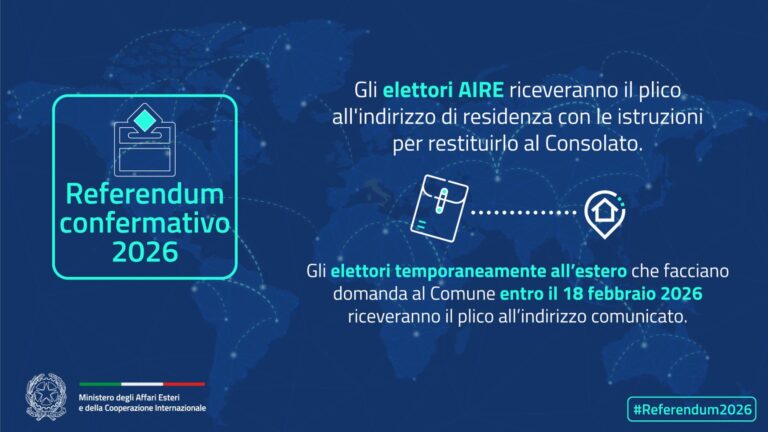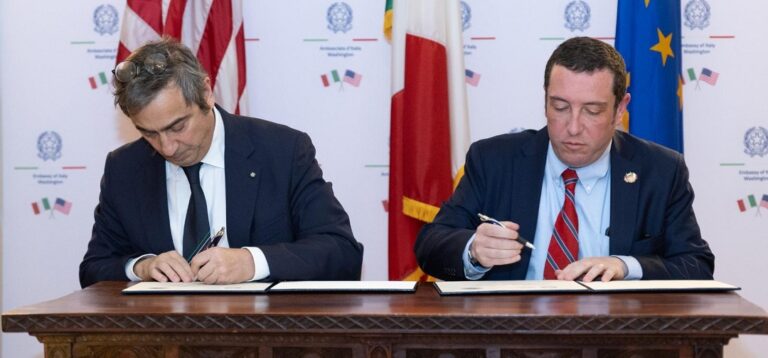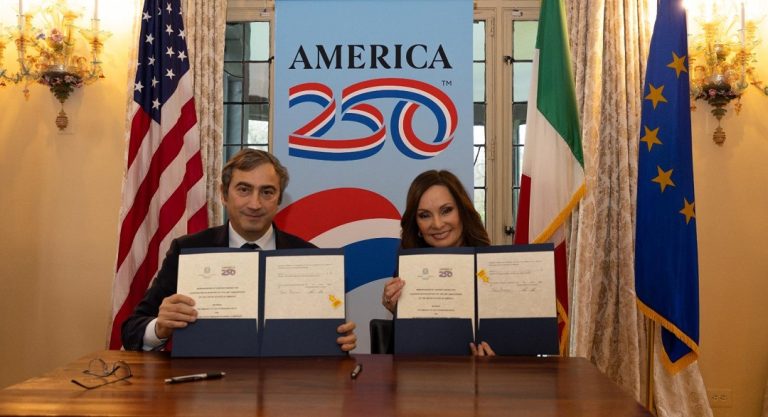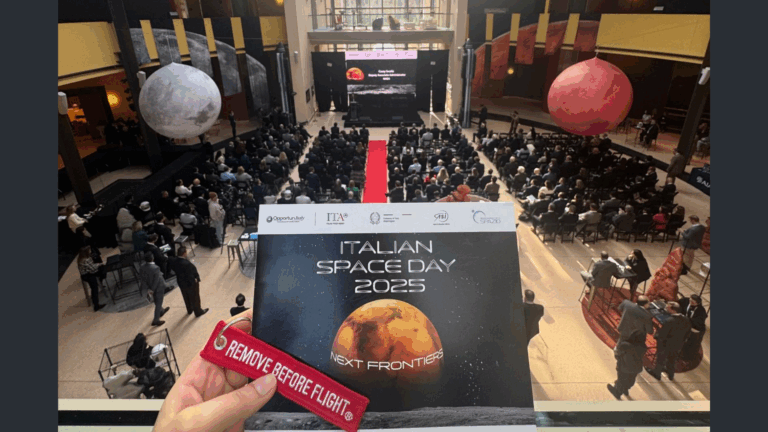Washington, DC (February 16, 2023) – Generation Z, better known as Gen Z, was at the center of the round table hosted yesterday by the Embassy of Italy in Washington on “From A to Gen Z: Activism and Influence in the Social Media Age.” Thirty leaders—including youth and Gen Z— from different sectors focused on issues such as activism in the digital age, the intersection of politics and technology, the role of influencers, and the evolution of the concept of leadership.
The event, part of the Embassy’s Digital Diplomacy Series, was organized jointly with the National Digital Roundtable—non-profit network specializing in events on digital issues—and touched on main issues in the current debate on technology and social media platforms, focusing on the challenges around the centrality of algorithms and the continuous growth of TikTok and other new apps such as BeReal. There is no doubt that Gen Z has taken on a different and increasingly representative role in all sectors, even in government circles—such as Joe Vogel, the 26-year-old elected to the State Assembly of the State of Maryland and present at the Roundtable—as representatives highlighted by activist groups such as Gen Z For Change, Women in Politics, Youth in Government, and Path To Progress. Also the White House, represented at the event, has promoted the involvement of Gen Z members active on social media on the administration’s behalf.
Representation and inclusion are important issues, including in foreign policy, where the voice of younger generations is increasingly heard on issues such as climate, equality and diversity, and technology and its repercussions on the economy and development. Gen Z has managed to create real online communities increasingly committed to putting pressure on governments and finding concrete solutions.
The round table follows an initial discussion organized by the Italian Embassy in November last year on the links between Gen Z and the media, with speakers like Carmella Boykin of the Washington Post and Alessandro Tommasi of Will. On that occasion, the Ambassador of Italy to the United States, Mariangela Zappia, opened the event by encouraging the conversation to continue in an ever-more inclusive way, actively involving younger generations in order to enrich the debate on digital diplomacy and foreign policy.












